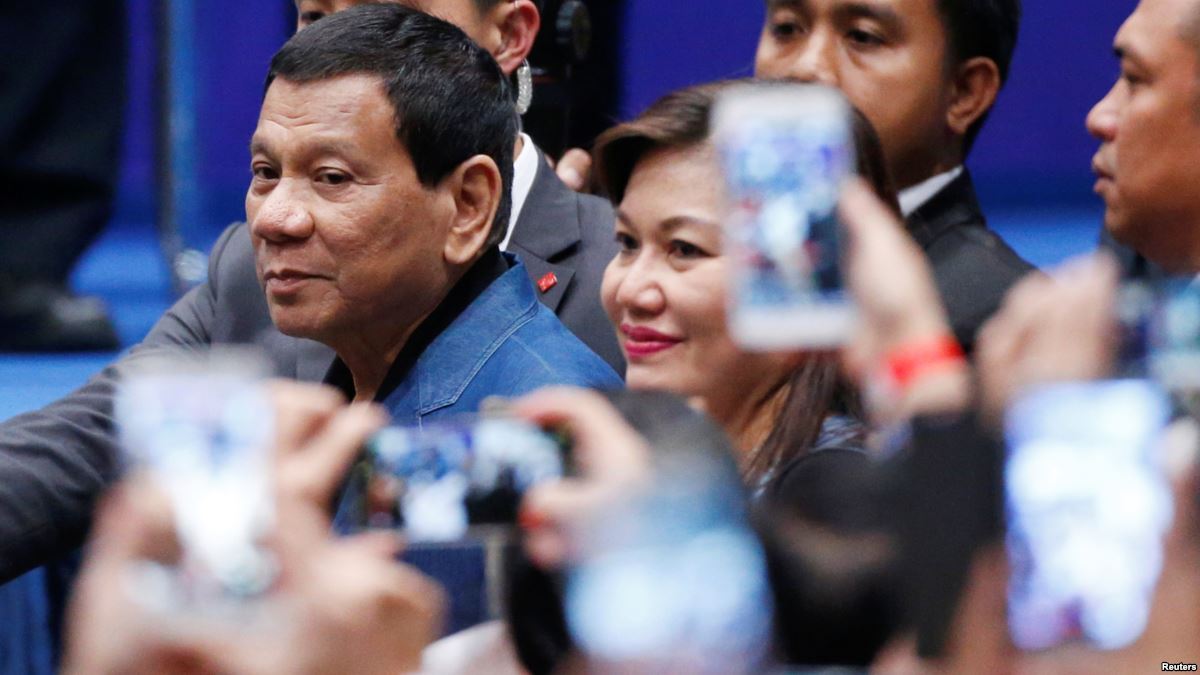Home » Philippines midterm elections lay groundwork for expansion of presidential powers
Philippines midterm elections lay groundwork for expansion of presidential powers


The controversial President, now at the halfway point of his six-year term, enjoys a 79% approval rating, according to an April poll. His popularity stems partly from a brutal crackdown on drug dealers.
Mr Duterte’s centre-left PDP-Laban party-led bloc is expected to increase its 248-seat House majority on current polling while in the Senate, Duterte’s allies are also expected to take 10 of 12 seats.
Such a dominant mid-term win would give Congress a strong mandate to push through Duterte’s plan to turn the country from a unitary system—rule from Manila—to a federal political system where 18 state governments share power with Manila.
As part of the transition to Federalism, Duterte’s loyalist Congress could give the president power to rule by decrees; executive orders and proclamations—make laws without congress—like giving police extra use-of-force powers in his “war on drugs”.
Long-time ruler and dictator Ferdinand Marcos used similar powers to make himself President-for-life in the 1970s. Duterte has denied he seeks such power but the powers under consideration could theoretically allow him to stay in office indefinitely beyond the 2022 constitutional term-limit.
Wake up smarter with an assessment of the stories that will make headlines in the next 24 hours. Download The Daily Brief.
John is a Senior Analyst with an interest in Indo-Pacific geopolitics. Master of International Relations (Australian National University) graduate with study focus on the Indo-Pacific. Qualified lawyer (University of Auckland, NZ) with experience in post-colonial Pacific & NZ legal systems.

